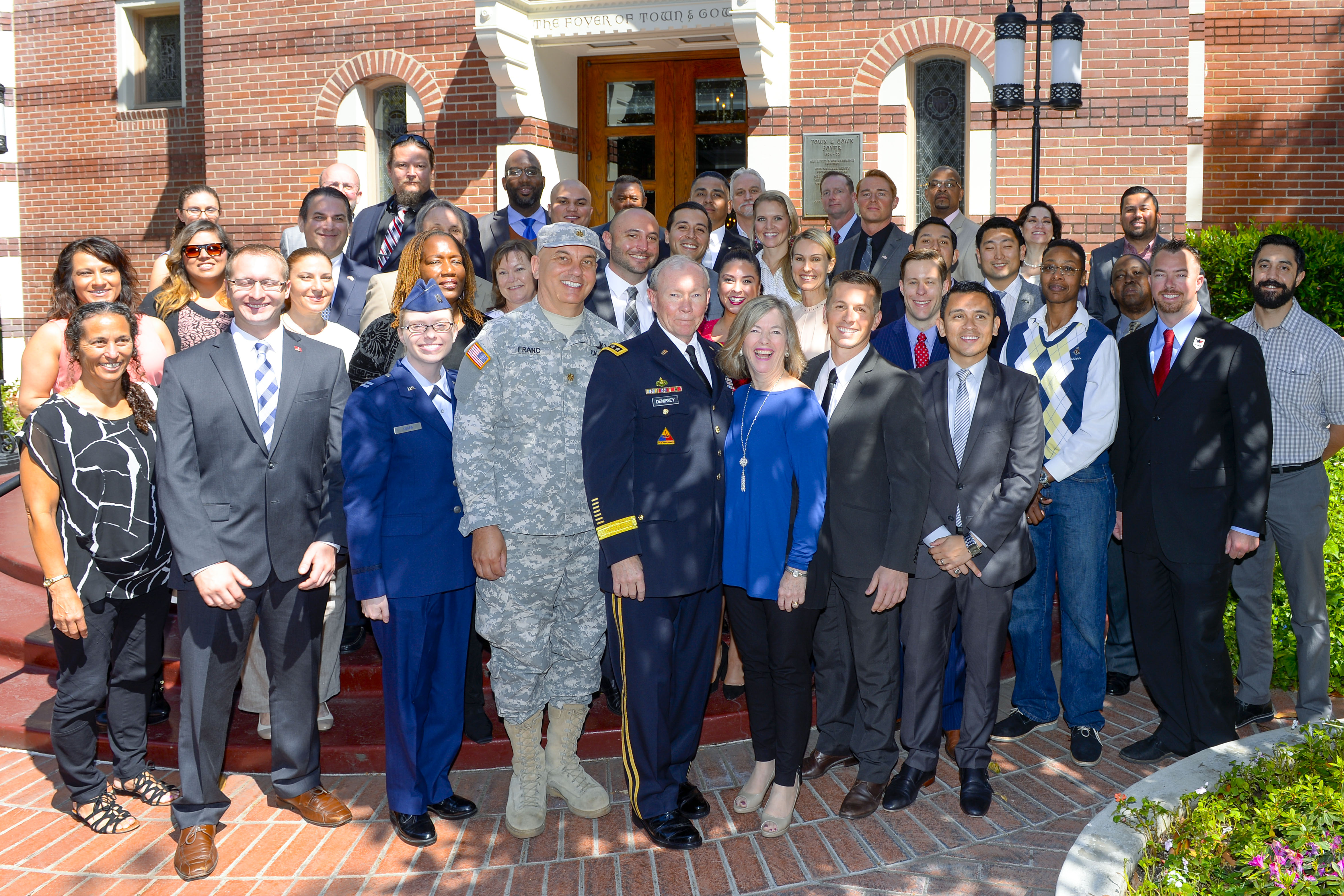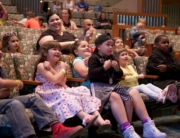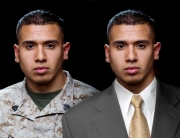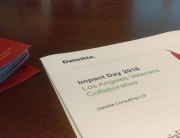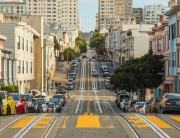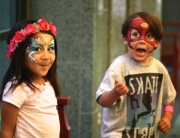by Claudia Bustamante
The Center for Innovation and Research on Veterans & Military Families at the USC School of Social Work has received a gift of $200,000 to support local efforts to help transitioning veterans in Los Angeles County.
The gift from Blue Shield of California Foundation will provide much needed support to the Los Angeles Veterans Collaborative (LAVC), a network of more than 400 organizations and stakeholders that meets monthly to discuss some of the most pressing issues facing the local military population. This collaborative model has been lauded by government and military officials across the country for its ability to use local data to drive impact.
Anthony Hassan, clinical professor and director of the USC Center for Innovation and Research on Veterans & Military Families, which convenes the collaborative, said this gift is vital to its continued success.
“The best part of this grant is that it’s providing us the backbone resources that are so scarce, but so needed, to run a collaborative such as this. What makes us so successful is that we have full-time people devoted to something normally done by volunteers,” Hassan said.
Peter Long, president and CEO of Blue Shield of California Foundation, said there’s great value in a strong structure and that this gift was meant to secure that basis for the collaborative, allowing the working organizations to be effective.
“A lot of people are doing work in the veteran sphere, but most are still not thinking about infrastructure,” Long said. “We decided the best way forward was to support the collaborative. The stronger the collaborative, the more good things will happen for veterans.”
Through its engaged members, the Los Angeles Veterans Collaborative develops systems and programs to bridge gaps in services across a number of areas, like health and behavioral health, homelessness, career advancement, families, higher education, legal and faith-based measures. This comprehensive approach has helped break down silos and reduce duplication of efforts that can occur with the multitude of service providers and organizations dedicated to veteran needs.
Last year, the USC center conducted the first comprehensive study of a local veteran population, with the resulting data guiding new collaborative strategies. For example, the study found that more than half of post-9/11 veterans did not know where to go for help. In response and with the help of funds from this gift, the collaborative will pilot a text-to-chat program where veterans can reach out to other veterans about any transitional issues and get references on where to go for their specific needs.
Nathan Graeser, the USC center’s community liaison/analyst who administers the collaborative, said this program is emblematic of the collaborative’s goals and mission. “The LAVC is a mechanism for Los Angeles and is a model for other cities, as well,” he said. “We have coordinated access and support across multiple organizations. We have creative outreach. We have data and documented best practices and a network of providers that are trained and engaged to provide the services that are needed.”
Long said funding the collaborative is consistent with Blue Shield of California Foundation’s recent Joining Forces Impact Pledge to support veterans and military families in local communities, especially as the wars in Iraq and Afghanistan draw down.
“There was a lot of worry that American interest would wane after the wars are over,” Long said. “What’s exciting to me is that the LAVC is not a short-term phenomenon. It’s becoming a vital institution of Los Angeles.”
“We want to help them get to that place where they become part of the fabric of the city.”


